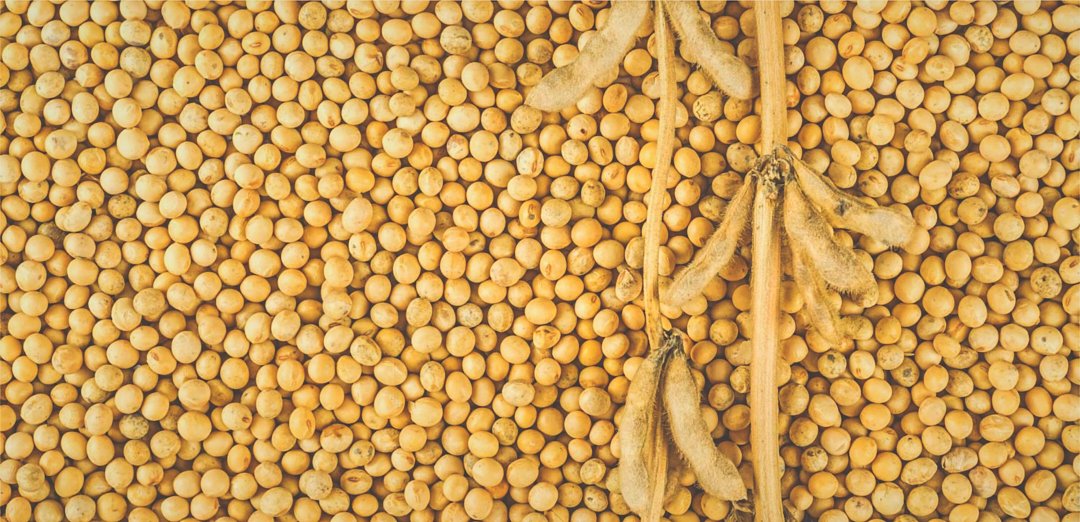#94 Soybean Production
Did you know that global soy production is the second greatest driver of deforestation worldwide? Or, that soy production has increased 15 times since the mid 1900s. The global demand for soybean is at an all time high. From processed goods to livestock feed, soybeans play an integral role in our food system. But, is it actually good for the health of our people, and the planet? Let’s take a look.
Truth about Soy:
The US, Brazil and Argentina currently produce about 80% of the world’s soy. Soy production is causing destruction of fragile ecosystems and habitat destruction including the indigenous people. Genetic modification of soy started in 1998 by Monsanto/Bayer. Today, over 93% of all soy grown in the US is GMO, and 81% worldwide. Monsanto/Bayer has a seed monopoly for soy and is currently producing 93% of all seeds sold. Genetically modified seeds are detrimental to public health, and wreak havoc on the environment. In regards to human health, soy is a phytoestrogen and there are numerous studies linking soy to malnutrition, digestive distress, thyroid problems, cognitive decline, reproductive disorders, immune system breakdown – even heart disease and cancer.
Soy Production Facts:
346 million metric tons of soy are produced worldwide annually.
The area of land in South America devoted to soy grew from 42 million acres in 1990 to 114 million acres in 2010.
Approximately 75% of all soy produced is used to feed livestock.
In many tropical regions, tropical rain forests are being destroyed to allow for the cultivation of soybeans.
Globally, deforestation is responsible for 20% of all greenhouse gas emissions.
Agrochemicals sprayed on soy are a major source of nutrient pollution in rivers, lakes and estuaries.
The expansion of agricultural and grazing land threatens 650,000 Brazilian Indians in more than 200 tribes.
27% of worldwide vegetable oil production comes from soybean oil.
Soybean oil consumption lowered immunity, increased susceptibility to infectious disease, and promoted cancer.
How Can I Make An Impact ?
Tier 1: Global Goodness
Research the impacts of soy to your health.
Eat whole foods. Many of the soy produced for direct human consumption comes in the form of processed boxed and canned foods. Instead, opt for whole foods in the produce section to reduce your soy consumption. It not only helps to protect the planet, it is excellent for your health.
Tier 2: Planet Protector
All of Action 1
Reduce your animal protein consumption. Since 75% of soy produced is utilized in animal feed – reducing the amount you consume is imperative.
Share this information with others. Educating friends and family members, can help them make an informed decision and implement change.
Tier 3: Earth Angel
All of Action 1 & 2
Lobby Congress for strict regulations on GMO soy production. The time has come to put a ban on GMOs. Our voices need to be heard for change to come. Change is real when people join together and demand it.
Go to https://healtheplanet.com to learn more about Monsanto/Bayer in our 100+ Ways TO Heal The Planet.
Choose to be an Ambassador for Change, and always Spread Love and Spread Light.
FACTS REFERENCES:
https://www.greenpeace.org/usa/victories/amazon-rainforest-deforestation-soy-moratorium-success/
https://www.worldwildlife.org/industries/soy
https://theecologist.org/2012/may/01/dark-side-soya-how-one-super-crop-lost-its-way
https://www.ucsusa.org/global-warming/stop-deforestation/drivers-of-deforestation-2016-soybeans


